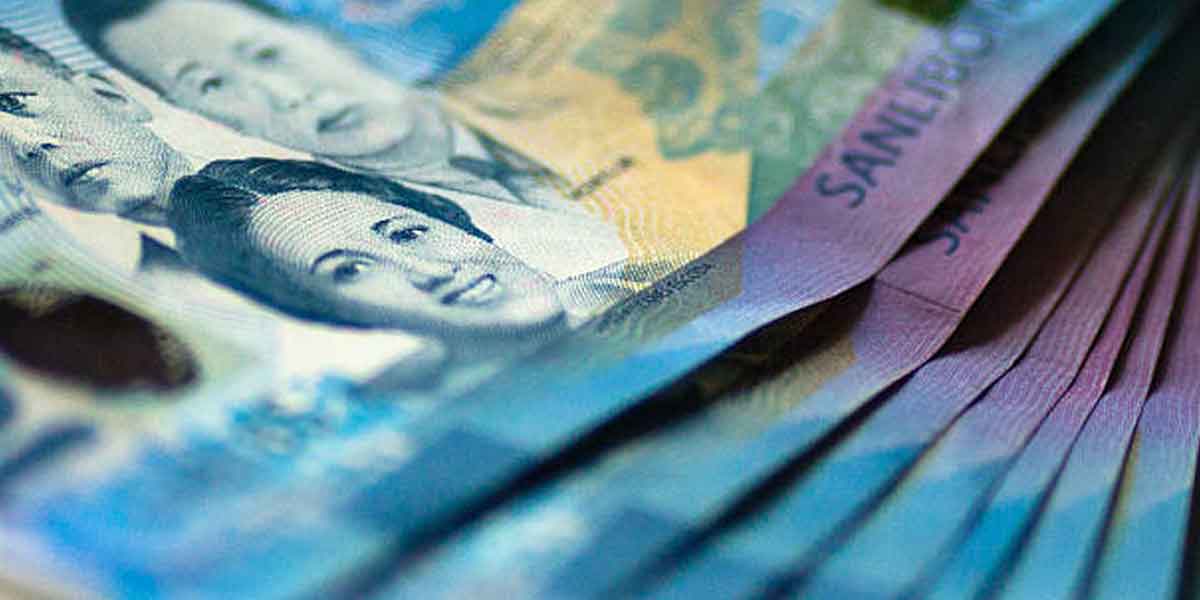Senate Minority Leader Franklin M. Drilon expressed serious alarm over the increasing number of Filipinos families who experienced hunger amid the ongoing Covid-19 pandemic, warning of a looming hunger crisis if proper measures are not put in place.
“I am alarmed by the worsening condition of poor Filipino families affected by the pandemic. They are hungry, most of them women and children. This validates our concerns over the lack of ‘ayuda’ in the proposed P4.5-trillion national budget for 2021,” Drilon said.
“Natutulog po ang 7.7 milyong pamilyang Pilipino nang walang laman ang sikmura. How can the government stomach the non-inclusion of a special amelioration program (SAP) for 2021?” he added.
“The government must address this immediately before it spirals into a full-blown crisis,” Drilon stressed.
The Senate chief fiscalizer proposed to tap into around P9 billion in government’s confidential and intelligence fund, the P16.4 billion anti-insurgency fund and the P468 billion alleged lump-sum appropriation in the proposed national budget to fund the SAP next year.
In the latest survey by the Social Weather Station, the hunger incidence worsened amid the ongoing pandemic. The families who experienced involuntary hunger jumped to 7.6 million families, a new record-high of 30.7%, in the September survey from about 5.2 million families, or 20.9 percent, in the July survey, which represents a 9.8 percent increase.
“We expect the figure to rise in the absence of adequate financial aid to the poor,” Drilon said.
Earlier, Drilon called for an increase in the budget of the Department of Social Welfare and Development (DSWD) in order to capacity the agency playing a key role in the fight against the pandemic to address the plight of the poor. Under the 2021 National Expenditures Program, the agency is proposed to receive P171.2 billion.
The Department of Budget and Management did not provide any funding for the special amelioration program (SAP), a program that provided financial assistance amounting to P5,000 to P8,0000 to about 18 million poor Filipino families under the Bayanihan to Heal as One Act (Bayanihan 1), Drilon noted.
Drilon insisted that the program should be included in the 2021 budget, citing studies of worsening poverty in the country due to the effects of the pandemic.




















